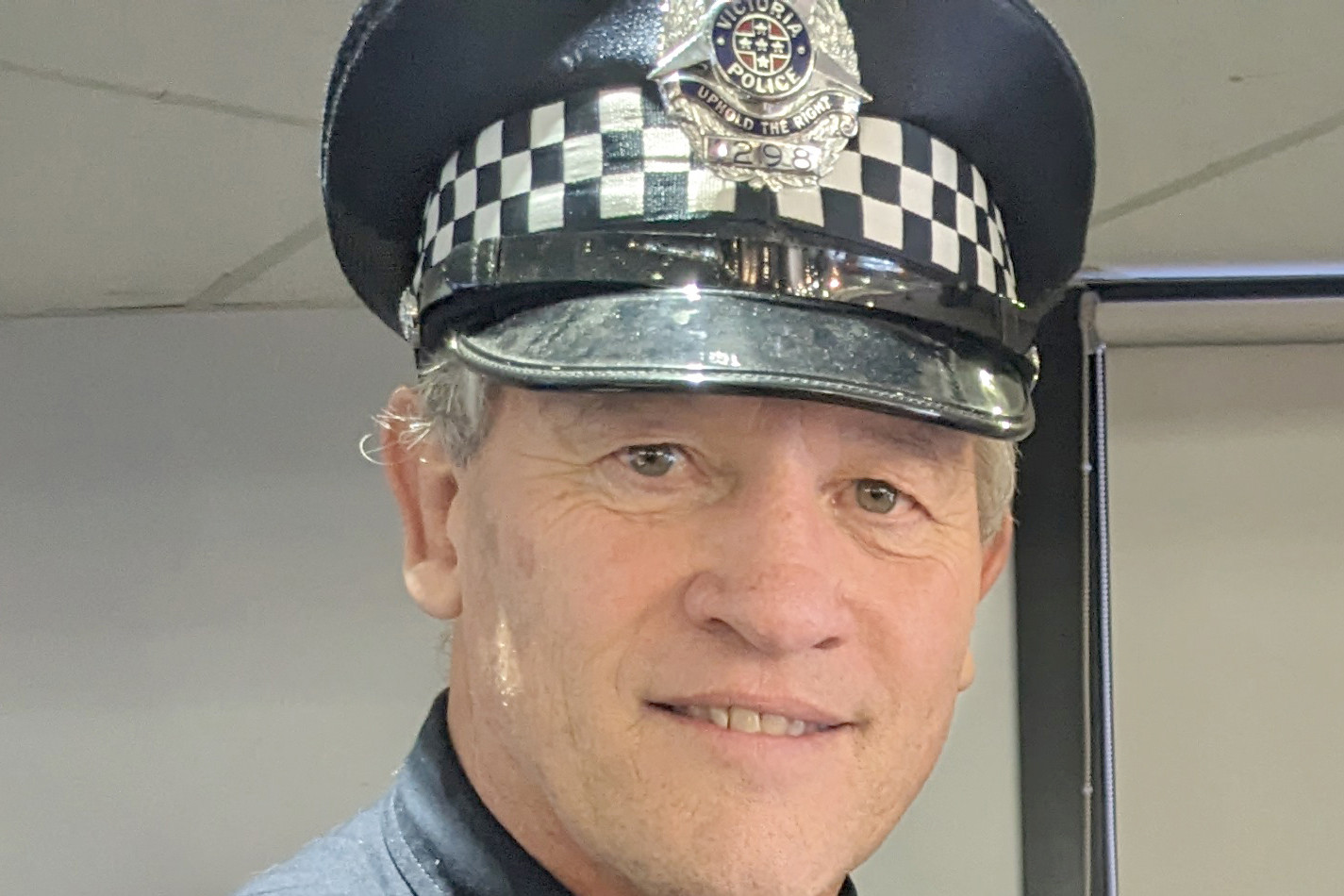General News
26 June, 2024
We'll punish anyone who breaks the law
Highway patrol police make no apology for the penalties they dish out to motorists who break the law, Senior Sergeant Brendan Broadbent has told a community policing forum in Horsham.

Snr Sgt Broadbent also said if motorists lowered their speed by one kilometre, road trauma would lessen by five per cent.
"We go to a lot of terrible scenes so we don’t shy away from penalties handed out, " he said.
"It's been shown that enforcement does moderate behaviour.
"If people can get away with something, they will."
He said the Western Highway, which passes through or near most major Wimmera towns, was classified a 'fatigue zone' as well as being the second-busiest highway in the state.
Statistics show that an average 7500 trucks pass through Nhill on the Western Highway daily.
Snr Sgt Broadbent said many truck drivers made use of Nhill's transport changeover to swap loads or drivers.
That number failed to include trucks on country roads carrying grain, gypsum or other farm-related items.
"After almost four decades experience on the job, I don't apologise for penalties handed out to drivers who break the law," he said.
Snr Sgt Broadbent said the highway patrol had a motto: engagement, enhancement and re-enforcement.
"It's all about safe systems, driving speeds and roads," he said.
The Wimmera region was 33,000 square kilometres and had three major highways and long distances when motorists were able to travel at 100km.
"And we'll have an increase in vehicles a day with the Donald-Minyip mine gets going," he said.
An aging population, people willing to forgo safety, a failing road system and people unwilling to obey road signs meant an increase in accidents in the Wimmera's fatigue area, which included Horsham, he said.
He said traffic police were keeping a close eye on where and when most accidents occurred and trying to get the message of safety across.
"We also have to deal with impacted officers," he said.
"That's hard to deal with.
"Officers' mental health is affected.
"After every fatal incident we have a discussion with people from the psychology unit.
"But in the end that's our job and we have to deal with it."
Police officers said many of their colleagues were on WorkCover because of trauma and stress caused by the job they had to perform.
More staff were now employed who worked in the area of mental health.
Also, they were willing to put safety issues to the public in many ways, including by speaking to groups.
Acting Senior Sergeant Dale McIvor, a regional road policy advisor, said road and weather conditions greatly affected road incident numbers but many people failed to slow down or make allowance for the conditions.
He had watched road standards' gradual decline, he said.
Many road verges were cause for concern, particularly in wet weather.
Snr Sgt McIvor urged people to drive to weather conditions rather than the speed limit.